Dhaka, Apr 02 (V7N) – Bangladeshi fact-checking organization Rumor Scanner has identified 298 false pieces of information circulating on the internet in March. The organization revealed this in a press release published on its website on Wednesday.
According to Rumor Scanner, 271 and 268 false pieces of information were identified in January and February, respectively. Among the 298 false claims detected in March, 105 (35%) were politically motivated, followed by 103 on national issues, 12 on international affairs, 36 on religion, 3 on entertainment and literature, 3 on education, 12 on fraud, and 16 on sports.
Breaking down the nature of misinformation, Rumor Scanner found that 143 involved videos, 110 were data-related errors, and 45 were image-based distortions. Of these, 168 were categorized as false, 97 as misleading, and 31 as distorted facts.
Social Media: The Prime Source of Misinformation
Facebook remained the leading platform for spreading false information in March, with 273 cases recorded. Other platforms where misinformation was found include X (formerly Twitter) with 62 cases, YouTube with 44, Instagram with 26, TikTok with 7, and Threads with 5. Alarmingly, the mainstream media in Bangladesh was also found to have spread misinformation in 16 separate incidents.
The spread of misinformation from Indian media and social media accounts targeting Bangladesh has been increasing since last year, a trend that continued in March. Rumor Scanner reported that four incidents of misinformation about Bangladesh were spread through Indian media, while three cases originated from Indian-operated social media accounts. Communal misinformation was particularly concerning, with 26 such cases detected last month, half of which were linked to Indian accounts.
Interim Government & Dr. Muhammad Yunus Targeted
In March, 15 pieces of misinformation were related to the interim government. The organization categorized these into two groups: those that portrayed the government positively and those that opposed it. It found that all of the misinformation had the potential to go against the government.
Additionally, 22 false reports were spread about the interim government's Chief Advisor Dr. Muhammad Yunus, with 77% of them having negative implications for him.
Other advisors to the government were also targeted, including:
-
Asif Mahmud Sajib Bhuiyan (2 cases)
-
Syeda Rizwana Hasan (1 case)
-
Dr. Asif Nazrul (4 cases)
-
Salehuddin Ahmed (2 cases)
-
Md. Touhid Hossain (1 case)
-
Shafiqul Alam (Press Secretary of the Chief Advisor) (1 case)
Political Leaders & Parties Affected
Misinformation also targeted the National Citizens Party (NCP), which played a key role in the July mass uprising. The convener of the party, Nahid Islam, was the subject of four false claims, while other leaders such as Hasnat Abdullah (6 cases), Sarjis Alam (3 cases), Tasnim Zara (4 cases), Humaira Nur (1 case), and Abdul Hannan Masud (1 case) were also victims of misinformation.
BNP and Jamaat-e-Islami were not spared either, with multiple false reports aimed at tarnishing their image.
State Forces Also Targeted
State forces were also subject to misinformation, with 23 false reports related to the Bangladesh Army, including seven directly involving General Waqar-uz-Zaman. Additionally, the Bangladesh Police was targeted three times, while one false report each was detected about the Rapid Action Battalion (RAB) and Border Guard Bangladesh (BGB).
The Anti-Discrimination Student Movement, a key group in the quota reform protests, was also the victim of three misinformation campaigns in February. Their spokesperson, Umama Fatima, was also targeted in one case.
Other Key Findings
-
17 fake death rumors were spread in March involving well-known figures.
-
9 AI-generated fake content pieces and 5 deepfake videos were identified.
-
27 false information campaigns related to rape were detected, including 8 centered on an incident involving an 8-year-old child in Magura.
-
22 false reports were connected to Ramadan and Eid celebrations.
-
45 misinformation incidents involved 39 local and international media outlets, where fake media logos, titles, and images were used to mislead the public.
A Growing Concern
The increasing spread of misinformation, particularly on social media and foreign platforms, has raised concerns about its impact on politics, governance, and social harmony. As Rumor Scanner continues to track and expose false information, experts emphasize the need for stronger fact-checking mechanisms and media literacy campaigns to counter the spread of fake news in Bangladesh.
(Source: BSS)
END/MSS/AJ




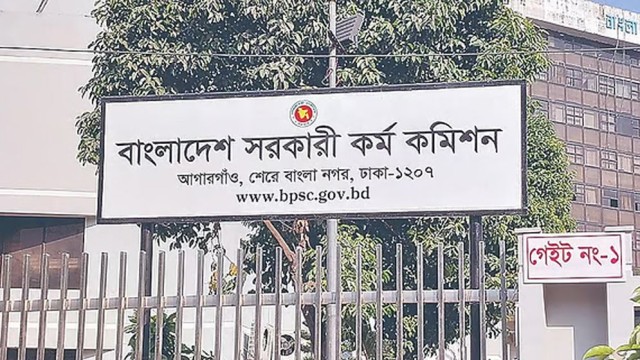
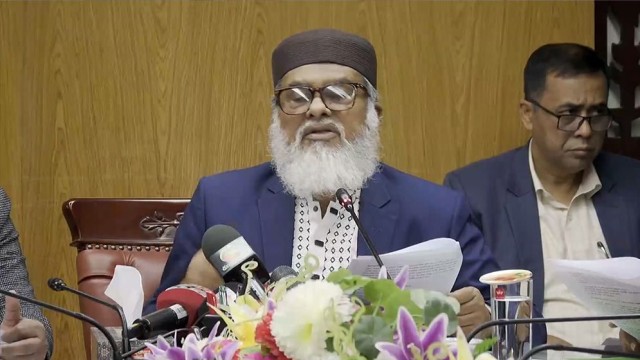
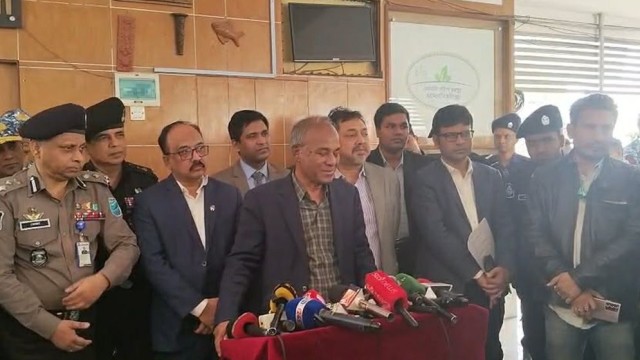


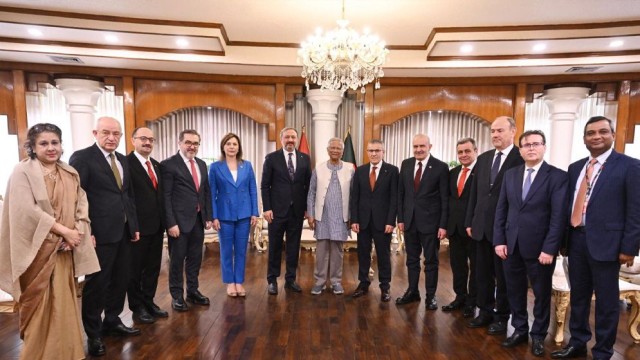






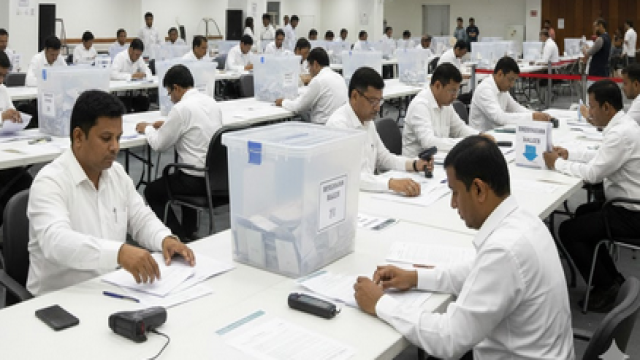
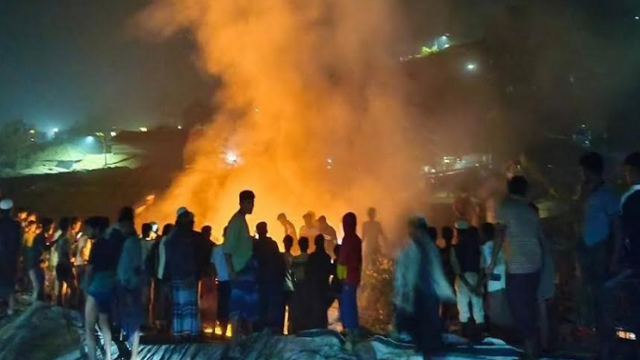

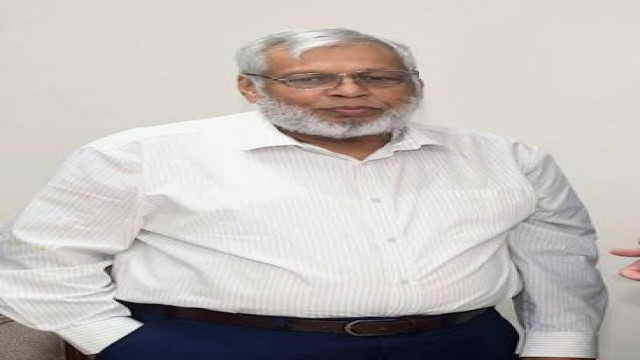











Comment: